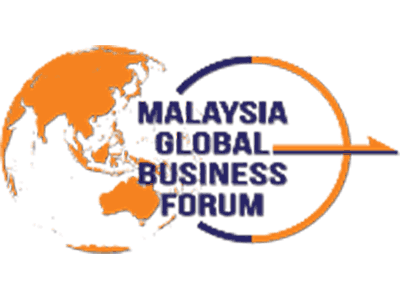Overview of Malaysia’s foreign investor protection regime
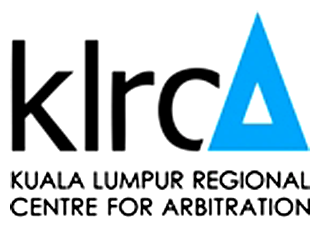 According to the 2015 World Investment Report, Malaysia recorded RM35 billion net foreign direct investment inflows in 2014.[1] With the view to attracting and increasing foreign investments, Malaysia has taken a series of measures with regard to promoting and protecting foreign investments, including the signing of seventy-one bilateral investment treaties (BITs).[2]
According to the 2015 World Investment Report, Malaysia recorded RM35 billion net foreign direct investment inflows in 2014.[1] With the view to attracting and increasing foreign investments, Malaysia has taken a series of measures with regard to promoting and protecting foreign investments, including the signing of seventy-one bilateral investment treaties (BITs).[2]
BITs are agreements between two States for the reciprocal encouragement, promotion and protection of investments in each other’s territories by companies based in either State. By signing BITs, States establish the terms and conditions for investments by nationals and companies of one State in the jurisdiction of another. The nature of protection provided pursuant to a BIT between State A and State B is such that if an investor from State A makes an investment in State B, State B guarantees, pursuant to the BIT, certain levels of protection. This is typically accomplished through a combination of national treatment, fair-and-equitable treatment, and most-favored nation treatment.
Although each investment treaty is unique, a BIT will typically:
- define investment;
- set up grounds for admission to each country;
- determine the appropriate form of compensation, should any investments be expropriated;
- require national treatment, most-favoured-nation treatment, and fair-and-equitable treatment;
- provide for free transfer of funds; and
- set up dispute settlement mechanisms (for both individuals and States).
BITs signed by Malaysia contain, in most cases, the above-mentioned elements.
In addition to its numerous bilateral arrangements, Malaysia played a major
role in the negotiation of the Comprehensive Investment Agreement that was signed by the members of the Association of Southeast Asian Nations in 2009 (the “2009 ASEAN Agreement”). The objective of the 2009 ASEAN Agreement is to further intensify the economic cooperation between and among the Members States. The agreement’s provisions on investment protection are in line with those included in Malaysia’s BITs. These include the assurances of national treatment, most-favoured-nation treatment, fair and equitable treatment, full protection and security, provision in respect of expropriation and compensation, and dispute settlement provisions.
Provisions that ensure efficient dispute settlement
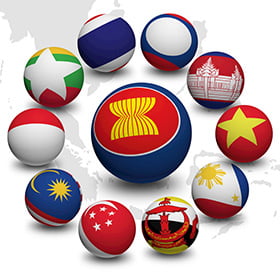 In case a dispute arises between Malaysia and foreign investors about a matter falling under a BIT, parties can resort to dispute settlement. Most BITs create a multi-facetted system of dispute settlement, which includes, inter alia, consultations and international arbitration. This pattern is followed by the 2009 ASEAN Agreement.
In case a dispute arises between Malaysia and foreign investors about a matter falling under a BIT, parties can resort to dispute settlement. Most BITs create a multi-facetted system of dispute settlement, which includes, inter alia, consultations and international arbitration. This pattern is followed by the 2009 ASEAN Agreement.
BITs signed by Malaysia prescribe consultations before allowing international arbitration. In order to oblige both parties to participate in such consultations, such provisions usually prescribe a minimum period of often six months during which parties need to negotiate in order to settle their dispute. Parties are often also free to rely on services of good will or conciliation by third parties. Enabling settlement of the dispute before resorting to arbitration is important, as it can result in an amicable settlement. If consultations do not lead to agreement, both the capital exporting State and the investors themselves can start legal procedures against the capital receiving State.
Most BITs contain an extensive set of rules for the international settlement of investment disputes. These provisions specify the bodies that will be called upon to settle the dispute and indicate the applicable law governing the dispute.
BITs often contain a list of potential tribunals that may be entrusted with the settlement of an investment dispute. The most popular forum in Malaysia’s BITs is the International Centre for the Settlement of Investment Disputes (“ICSID”) in Washington. Another option is ad hoc arbitration – most commonly under the rules developed by United Nations Commission on International Trade Law (the “UNCITRAL Rules”) – which means that both parties will appoint a number of arbitrators who will form an ad hoc tribunal.
The Kuala Lumpur Regional Centre for Arbitration (KLRCA): an independent arbitral institution for the administration of investor-State disputes
The KLRCA is a longstanding partner of ICSID. ICSID is the world’s leading institution devoted to international investment dispute settlement. It has extensive experience in this field, having administered the majority of all international investment cases. States have agreed on ICSID as a forum for investor-State dispute settlement in most international investment treaties and in numerous investment laws and contracts.
Cognisant of the importance of dispute settlement under BITs, the KLRCA signed its first collaboration agreement with ICSID in 1979. The two institutions decided to further strengthen their collaboration by signing a new agreement in 2014. In addition to fostering cooperation between the KLRCA and ICSID, the 2014 agreement provides that the KLRCA can be used as an alternative hearing venue for ICSID cases, should the parties to proceedings conducted under the auspices of ICSID desire to conduct proceedings at the seat of the KLRCA.[3]
Should parties to a dispute decide to resolve their investment dispute by referring the case to an ad hoc tribunal under the UNCITRAL Rules, the KLRCA has the experience to administer such a case. It should be recalled that the KLRCA Arbitration Rules, as has always been the case, draw extensively on the UNCITRAL Rules by including the UNCITRAL text in its entirety.
With regards to the 2009 ASEAN Agreement, it is worth mentioning that section B of the said agreement provides for the resolution of investment disputes between an investor and a member State. In particular, article 33 the same section allows for such disputes to be referred, inter alia, to the KLRCA.
An effective administration of an investment arbitration matters to both foreign investors and States. The KLRCA, being an independent international body established under the auspices of the Asian African Legal Consultative Organisation, can cover all needs of the parties involved in investor-State arbitrations and is ready to assume its role in the resolution of investment disputes in the region.
Datuk Professor Sundra Rajoo
Director of the KLRCA
Services
Stakeholder mapping, analysis, engagement and communication needs to be detailed to avoid business losses or even worse, a crisis. How can you do this effectively to prevent failure? ...
Data-driven business decisions have never been as crucial, especially in this era. MGBF leverages off, technology, experience and market presence to aid businesses in making accurate decisions. ...
MGBF provides comprehensive strategic advice and results-focused solutions to solve clients' problems in business-government relations so they can focus on their core business. ...
A critical business challenge is meeting the right decision-makers and potential buyers through the best channel and platform. How will you improve your business competency? ...
Upcoming Events
In this episode of 'A Working Lunch with Nordin', MGBF's Nordin Abdullah and regional commentator Eddin Khoo will discuss the biggest threats and opportunities for businesses as we look to manage change in the South China Sea.
This MGBF Roundtable will feature thought leaders form Japan, Australia, Singapore and Malaysia dealing with the critical issues of manipulation of public listed companies and government and their financial impacts.
A series of networking sessions with various business associations and trade organisations exploring high-value opportunities for business leaders and entrepreneurs looking to build the relationships that matter.
This integrated event will include a forum, dedicated business matching, site visits, a gala dinner and a round of golf. Aptly themed, the focus will be on regional food security issues and trends in the context of the supply chain, agriculture technology and trade regulations and policies.
MGBF In The News
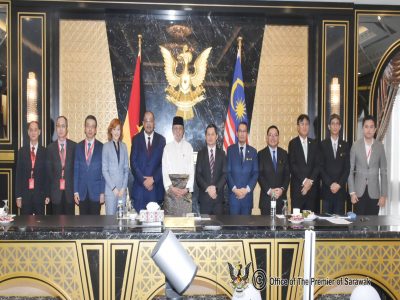
Planet QEOS and China Machinery Engineering Corporation (CMEC) are interested in investing RM10 billion to co-develop advanced Megawatt peak (MWp) agrovoltaic in Baram, to further boost Sarawak’s green energy initiative and food security. Sarawak Premier Datuk Patinggi Tan Sri Abang Johari Tun Openg was briefed on Friday by both the […]
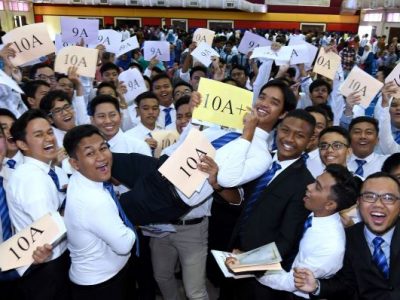
Last week SPM results came out, 373,974 aspirants who have been waiting patiently over the last few months would now know their fate. Some 10,109 have received all A’s, the golden standard of academic success and the ticket to those looking to study the “more advanced” subjects in university. Proudly, […]

The classic knee-jerk reaction is to say, fire the coach, change the leadership of associations, and reduce the funding till they start performing better. This kind of negative reinforcement may work for kindergarten children, but we are dealing with high-performance adults – individuals much further along in their psychological and […]
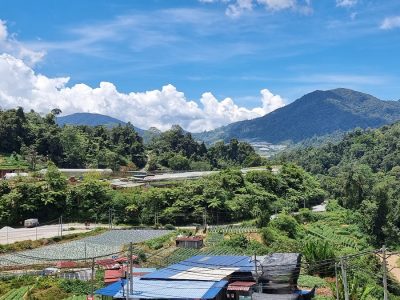
Since its earliest tea plantations in 1929, Cameron Highlands has grown to become a key player in the agricultural landscape of Malaysia, producing 40 per cent of all vegetables grown. Despite Malaysia shifting its economic focus away from agriculture, the industry remains imperative for food security and the livelihoods of […]

Although at first glance the travel industry and the agricultural sector appear to have nothing in common, they actually share more than meets the eye. The economic benefits of tourism to the agricultural sector can be multiplied several times over. “Tourism brings the end consumers closer to the source, which […]
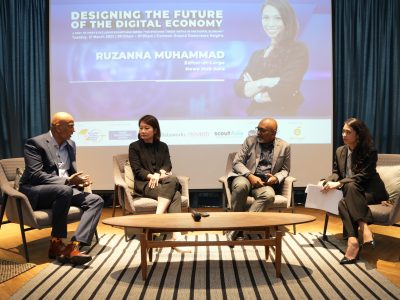
The Malaysia Global Business Forum (MGBF) recently held a high-level roundtable themed ‘Designing the Future of the Digital Economy’, attended by industry leaders and business associations. The guest of honour was Yang Berhormat Syerleena Abdul Rashid, the Member of Parliament (MP) for Bukit Bendera in Penang. The MP’s Special Session […]

The Malaysia Global Business Forum (MGBF) will be hosting a roundtable on ‘Designing the Future of the Digital Economy’ on 23 February 2023. It is the culmination of the first three MGBF Exclusive Roundtable Series titled ‘The Evolving Threat Matrix in the Digital Economy’ held throughout 2022. According to the […]
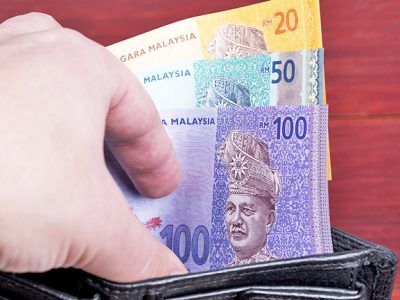
The Founding Chairman of the Malaysia Global Business Forum (MGBF), Nordin Abdullah, today spoke on Bernama TV’s leading English talk show, The Brief, hosted by Jessy Chahal, on the topic of a stable political reality and what that means for the Malaysian economy. Nordin said, “The first thing that it […]

More than 1,100 years ago, Muhammad ibn Musa al-Khwarizmi was developing the mathematical formulas that we know today as algorithms which now have become so intertwined with the business fortunes of global media giants and the very fabric of geopolitics. A series of recent high level international reports have revealed […]
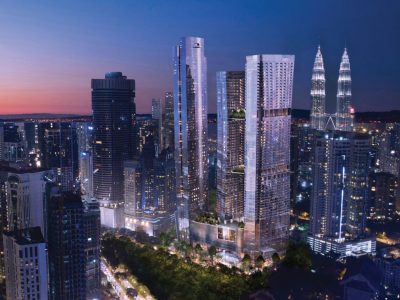
KSK Land has been recognised by the Malaysia Global Business Forum (MGBF) for its role in attracting high net-worth individuals to Malaysia post-pandemic. The first challenge in investor attraction is “selling” the country. In the context of Asia, Malaysia is competing with some very established investment destinations. The second […]

Malaysia, in particular Kuala Lumpur, continues to position itself as a regional centre to do business, educate a family and enjoy a global lifestyle. One company, KSK Land, has taken the lead in positioning itself and the city of Kuala Lumpur as a property investment destination for the global citizen […]
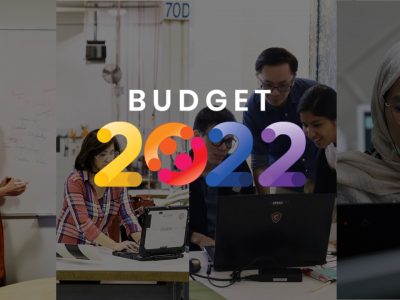
The upcoming budget represents an opportunity to build resilience in the critical sectors that will form the backbone of the country’s future-facing economic ambitions. This however needs to be achieved in the context of managing the community sectors most impacted by COVID-19 over the past two years. The Keluarga Malaysia (Malaysian Family) […]

Malaysia Global Business Forum (MGBF) has moved to support the creative economy as the overall economy moves into a recovery phase following the COVID19 pandemic. As a step in the direction of normalcy, the MGBF has agreed to host the art exhibition “I Know You’re Somewhere So Far” by one […]
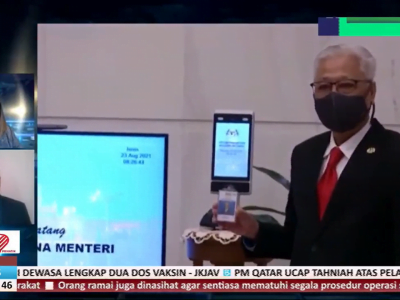
Congratulations to Datuk Seri Ismail Sabri Yaakob for taking up the mantle of the ninth prime minister of Malaysia. There is nothing normal about the situation; it could not have been scripted but it has kept the spectrum of media, mainstream and social, gripped. The first order of business for […]
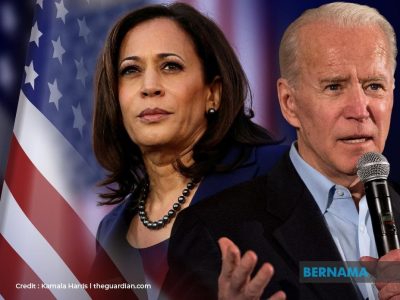
In a stirring speech to the nation, President Joseph R. Biden, Jr. stamped his brand of leadership on the presidency, in his first act as the 46th president of the United State of America, it signaled several shifts. Perhaps the weather was foreboding with snow falling before the ceremony that […]

KUALA LUMPUR, 6 July 2022 – As the global economy continues to deal with unprecedented levels of disruption caused by the pandemic and the conflict between Russia and Ukraine, the convergence of energy security and food security issues has become a front-of-mind issue faced by policy makers and consumers alike. […]

KUALA LUMPUR, 23 June 2022 — Malaysia Global Business Forum (MGBF) ties up with scoutAsia to ensure that businesses are equipped with deeper regional insights. The past two years has seen a massive shift in the way businesses are conducted with digitisation, digitalisation and automation continuously being adopted to improve […]
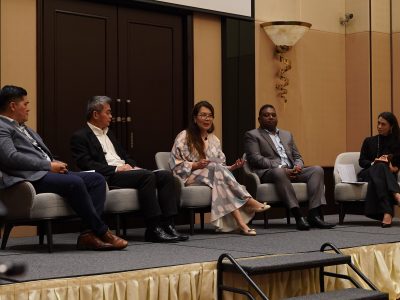
KUALA LUMPUR, 25 May 2022 – The Malaysia Global Business Forum (MGBF)’s exclusive roundtable on ‘Security Concerns in Critical Value Chains’ was held in a hybrid setting yesterday at the Eastin Hotel Kuala Lumpur. The guest of honour was Yang Berbahagia Tan Sri Dato’ Seri Rafidah Aziz, former minister of […]
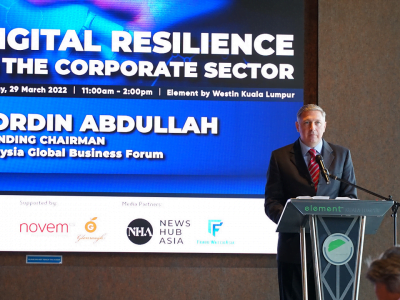
We live in the age of crisis. At the heart of any crisis is the threat of rapid change. Change too deep or too wide that the current coping mechanisms for an individual, corporation or government are unable to remain resilient. An unwelcome paradigm shift, like the proverbial spider, that […]
 According to the 2015 World Investment Report, Malaysia recorded RM35 billion net foreign direct investment inflows in 2014.[1] With the view to attracting and increasing foreign investments, Malaysia has taken a series of measures with regard to promoting and protecting foreign investments, including the signing of seventy-one bilateral investment treaties (BITs).[2]
According to the 2015 World Investment Report, Malaysia recorded RM35 billion net foreign direct investment inflows in 2014.[1] With the view to attracting and increasing foreign investments, Malaysia has taken a series of measures with regard to promoting and protecting foreign investments, including the signing of seventy-one bilateral investment treaties (BITs).[2] In case a dispute arises between Malaysia and foreign investors about a matter falling under a BIT, parties can resort to dispute settlement. Most BITs create a multi-facetted system of dispute settlement, which includes, inter alia, consultations and international arbitration. This pattern is followed by the 2009 ASEAN Agreement.
In case a dispute arises between Malaysia and foreign investors about a matter falling under a BIT, parties can resort to dispute settlement. Most BITs create a multi-facetted system of dispute settlement, which includes, inter alia, consultations and international arbitration. This pattern is followed by the 2009 ASEAN Agreement.































